

Best practices for bridging studies to generate data and validate a new strain
In this blog on bridging studies, we provide general best-practices relevant to oncology bridging studies, including basic study design considerations and insights that are the culmination of many...
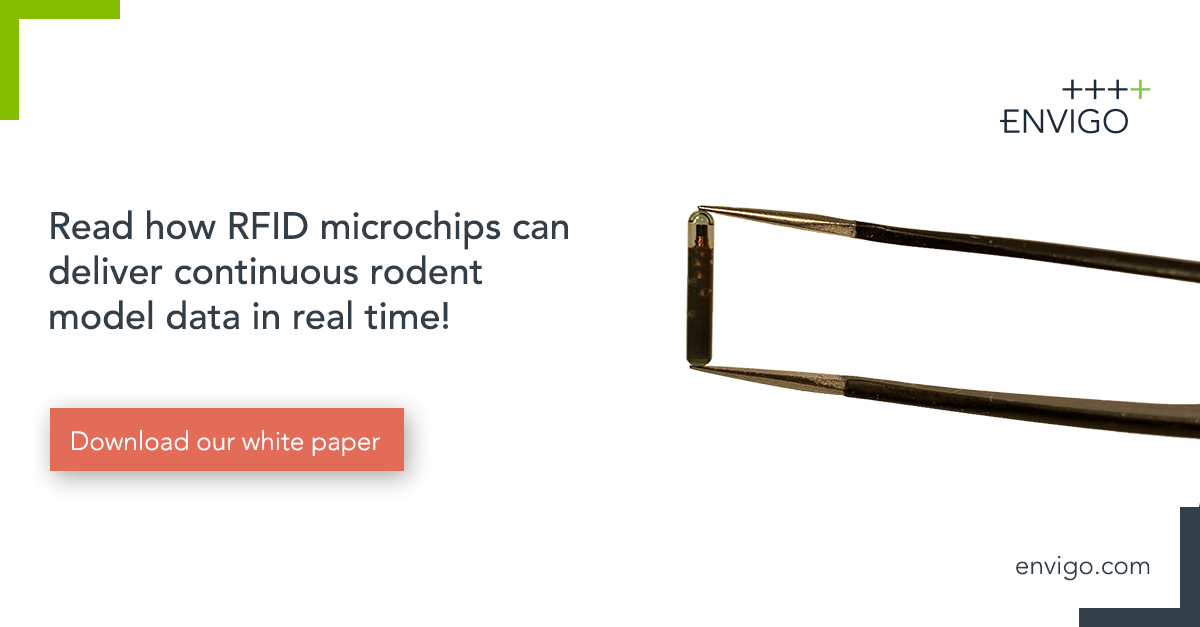
Top 3 benefits of RFID microchips for monitoring your surgical studies
Manual surgical monitoring techniques can be tedious for lab technicians as well as animals, given the multiple welfare checks needed per day plus the need for workers to update records accordingly....
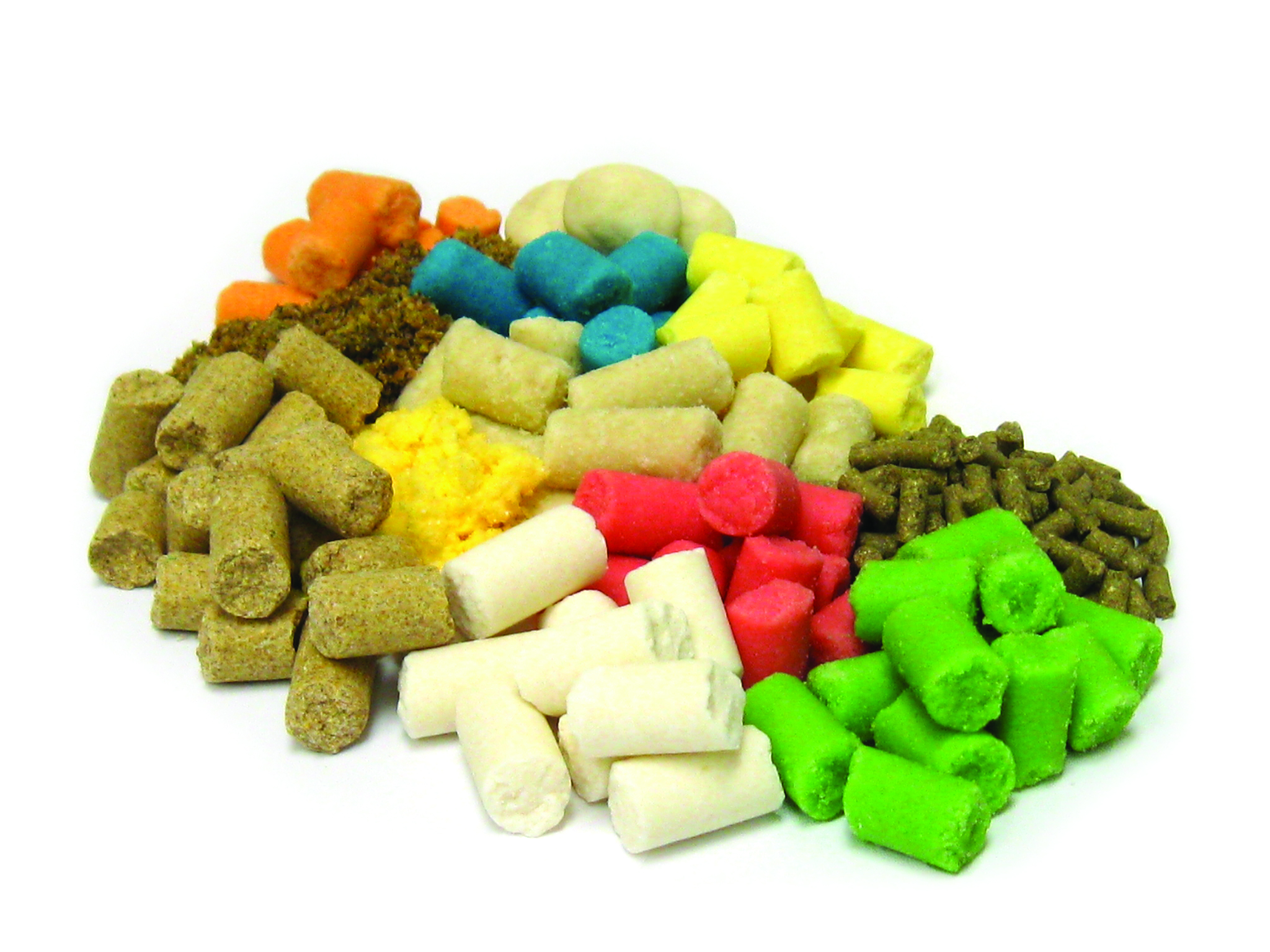
Incorporating Test Compounds in Lab Animal Diets
A convenient approach to dosing research animals is adding compound(s) to diet. Inotiv offers a service that allows researchers to add their compound(s) of interest to animal diets. When adding a...
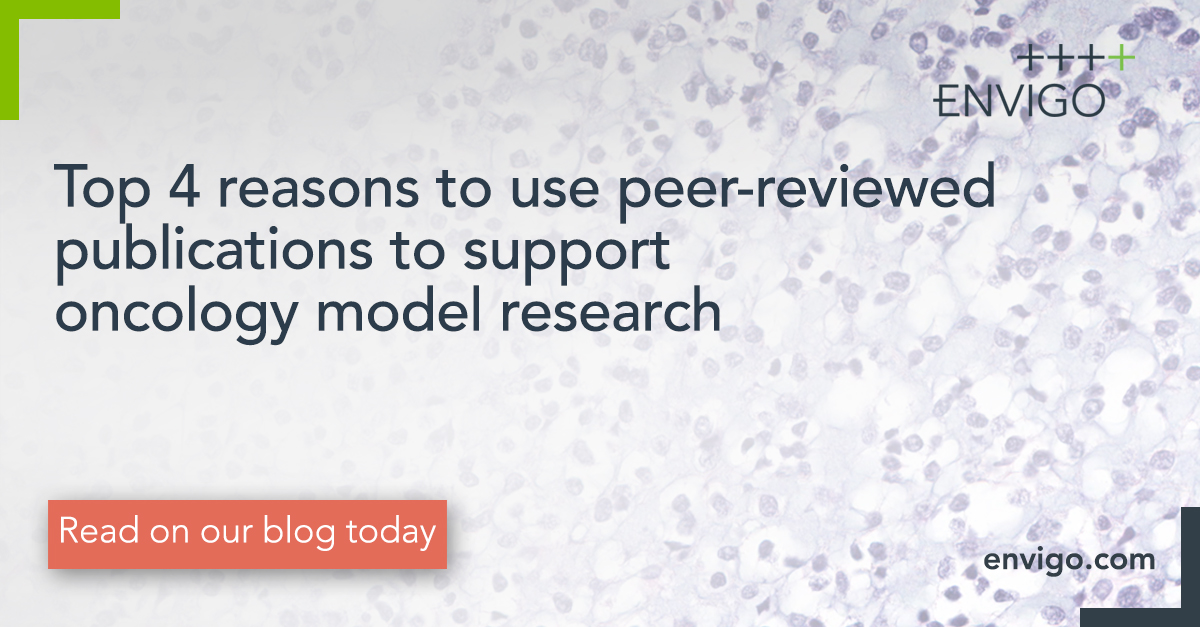
Top 4 reasons to use peer-reviewed publications to support oncology model research
Preclinical evaluation of a molecular compound and testing a therapeutic approach for a potential cancer treatment often relies on biomedical research with cancer cell lines. Selecting the most...

4 key animal research insights from AALAS 2018
The 69th American Association for Laboratory Animal Science (AALAS) National Meeting recently took place in Baltimore, Maryland. A forum for those dedicated to the humane care and treatment of...
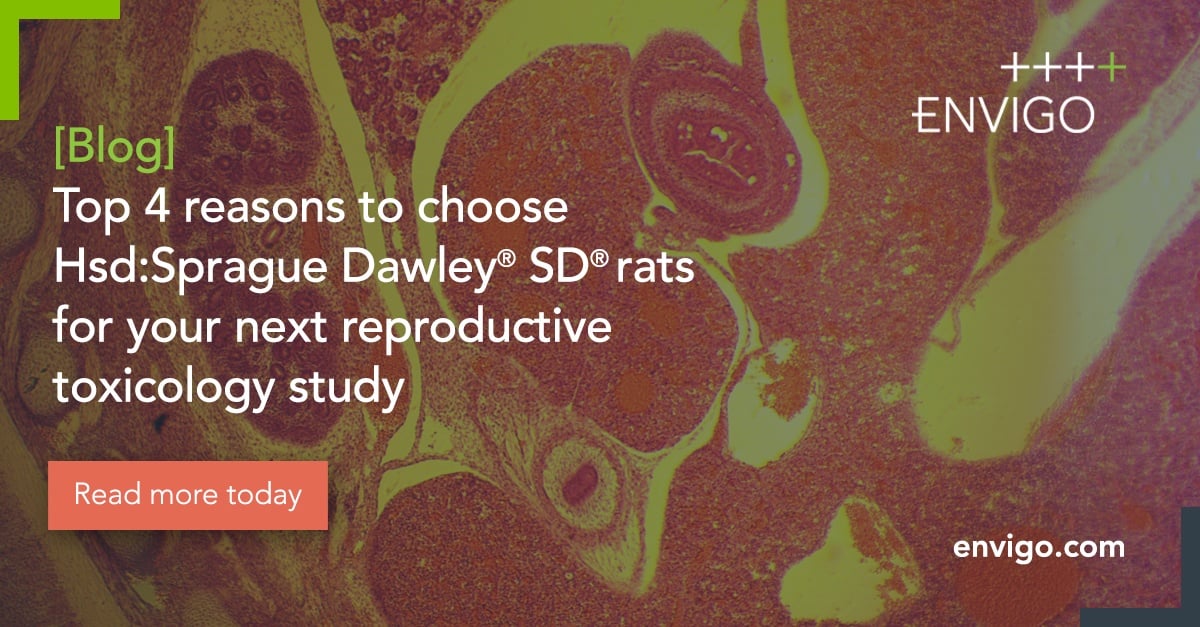
Top 4 reasons to choose HSD: Sprague Dawley® SD® rats for your next reproductive toxicology study
A new study using Hsd:Sprague Dawley® SD® rats confirms the use of this strain as a valuable toxicology model. Over the years, this strain has been used in many fields such as reproductive...
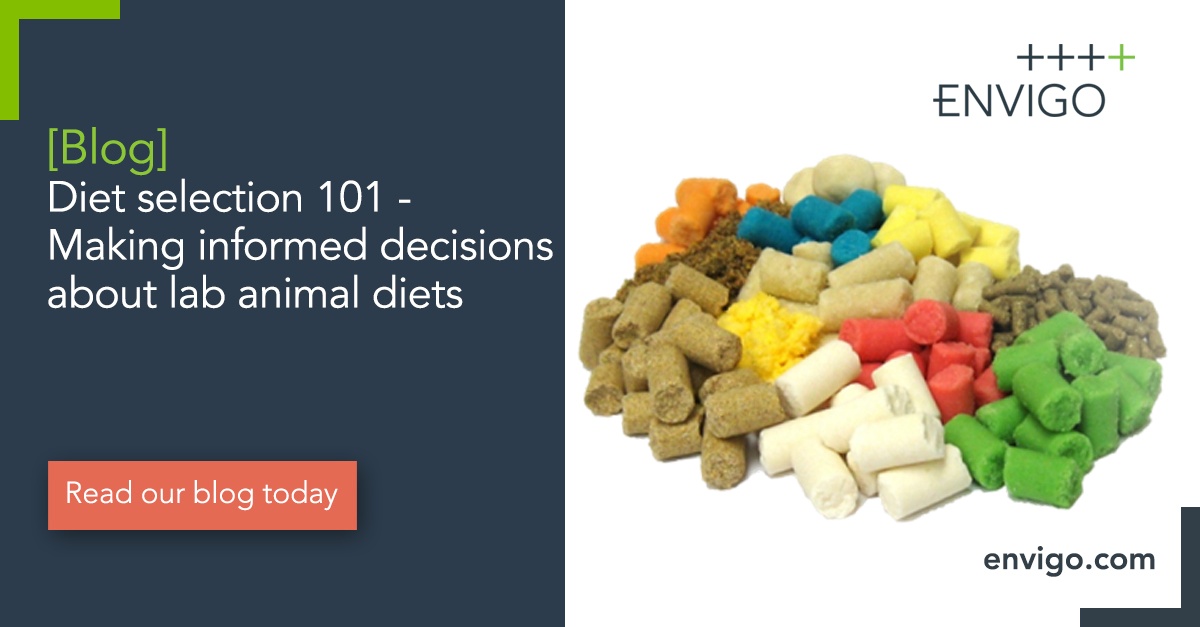
Diet selection 101: Making informed decisions about lab animal diets
Diet continues to be an overlooked variable in experimental investigations, impacting reproduction, growth, and disease, as well as affecting the response to experimental manipulation in laboratory...

